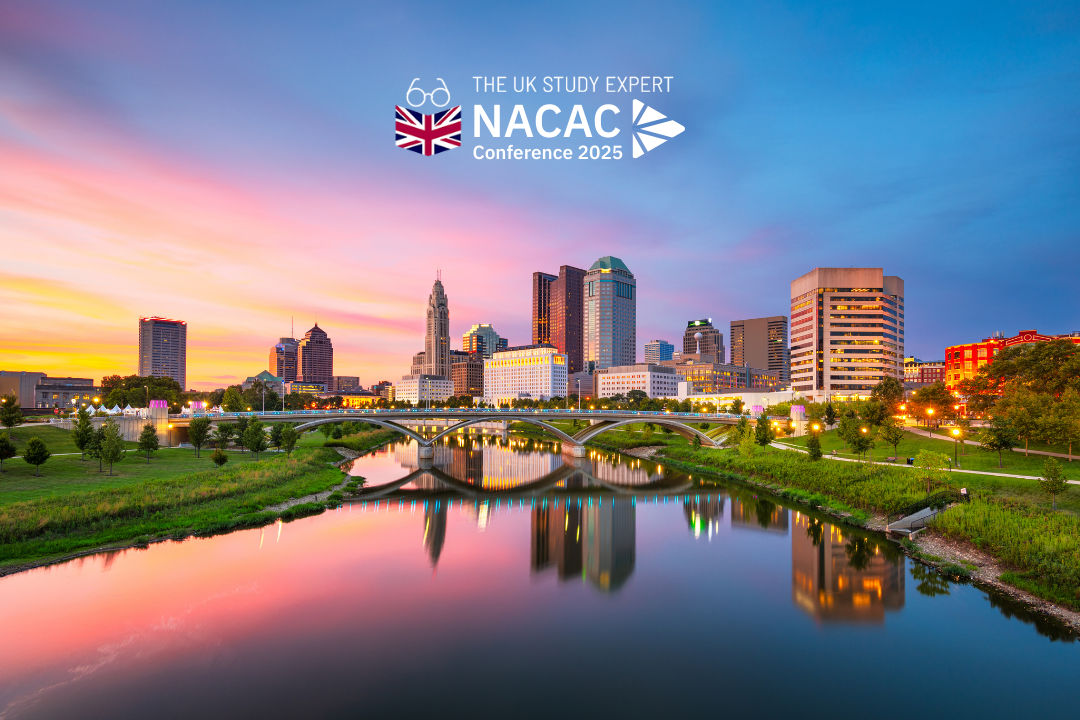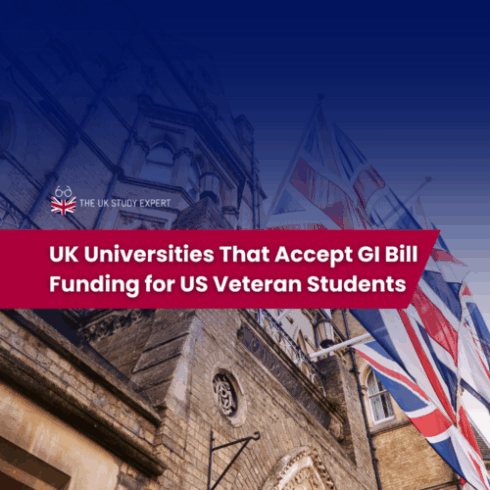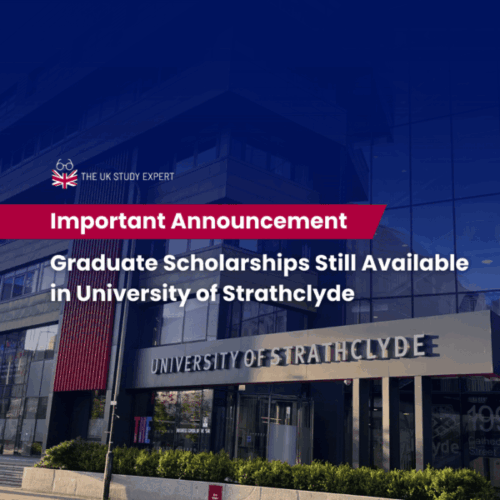Why study creative writing in the UK? (And why Falmouth University in particular?)
If you’re looking ahead to university and considering what you might want to study, and where, you might not have considered creative writing as a major yet. That’s not surprising: it’s not usually taught as a separate academic subject in secondary schools (high school). It’s usually taught as part of your language studies, which for many US students means it’s a (fun, one hopes) component of English class if that is the language of instruction. Let’s take a look at how it’s taught, how it’s taught in British universities, and what’s unique about our program(s) at Falmouth.
Maybe you’ve heard the myth that creative writing can’t be taught. Of course it can be, but how does it actually work? The workshop is the basic model of creative writing instruction at universities. The goal of the workshop is to recreate for the student writer how a reader will react to their work. In the real world the author isn’t there to explain their intentions. The written text has to stand on its own. Thus, in the workshop, the students will be guided through a peer-review process—sometimes a very intensive one—to offer feedback. Typically, only one or two students will have their work critiqued in a given session; the instructor will set up a rota or schedule for that. This is done in a focused way, often paired with readings in order to highlight specific skills and techniques, and to assess how well the student writer has utilized them. These may include story or poem structure, different literary forms, language mechanics (grammar, sentence structure, punctuation), description, character development, genre, dialogue, and much more. Does the story make sense, or does it contradict itself? Is it immersive, or is it just a casual, bare-bones telling of what happened? Are there gaps in the logic? Are the sentences clear and well constructed? Or is the writer trying too hard to write Really Beautiful Prose?
The biggest difference between UK and US programs, other than duration (3 years in England, Wales, and Northern Ireland vs 4 years in the US), is the British focus on industry and outcomes. Although both countries are broadly similar in their methodologies, Britain’s universities have a legal mandate to look at employment applicability. (This is why every UK university program website you look at will have some text telling you how the course might be useful preparation for certain types of jobs.) With this in mind, the classes (modules) comprising the degree will focus on craft and on readings, but there will also be coverage of, for example, the publishing industry and how it works. Like the US, many UK writing programs host literary journals and events, but the UK arguably has a stronger reading culture. Literature is still more valued here, and there is more visible government support for the arts in general. Moreover, the UK’s relative compactness means that literary events, festivals, and so forth are unlikely to be too far away.
Why Falmouth University, then? Despite being an arts university, Falmouth also has a strong culture of entrepreneurship. Our creative writing programs feature two modules on the publishing industry during year one, and another module focuses on the practicalities of being a writer. This means you will finish the year knowing how to select appropriate markets for your work, how to submit it, and how the publishing industry actually works—from the manuscript stage through to the printed book or the online literary journal you might read. There is the expected focus on craft, but you’ll also graduate knowing what to do with it.
A secondary benefit is the size of the program: it’s just large enough to allow us to run choices of modules, and it’s large enough for students to find their own groups of friends, but it’s small enough that the lecturers are able to offer 1:1 support and guidance. Everyone on the faculty is also a working writer, and a few also run (or have run) presses. Also, the Woodlane campus (now known as the Falmouth campus where the program is housed) is ridiculously pretty and six blocks from the beach. There’s the Lighthouse, a comfortable lounge and events space where students can hang out and work between classes—and, crucially, form community. Falmouth is unique among UK universities in that it has its own personality and guiding philosophy, and it isn’t afraid to do its own thing. If you’d like to know more about the program, please get in touch. Someone from the department would be more than happy to have a chat with you.
Dr. Marshall Moore is Course Leader (BA Hons, English & Creative Writing) and Senior Lecturer in the School of Communication at Falmouth University. He holds an MA in applied linguistics from the University of New England (Australia) and a PhD in creative writing from Aberystwyth University. His research interests include the pedagogy of creative writing and the disconnects between the academy and the publishing trade. Recent and forthcoming books include two academic collections: The Place and the Writer: International Intersections of Teacher Lore and Creative Writing Pedagogy (Bloomsbury, 2021) and Creative Writing Scholars on the Publishing Trade: Practice, Praxis, Print (Routledge, 2022). His memoir I Wouldn’t Normally Do This Kind of Thing will be published by Rebel Satori Press in 2022.






